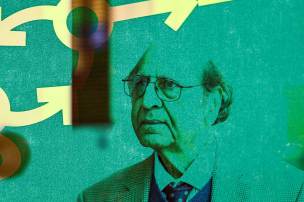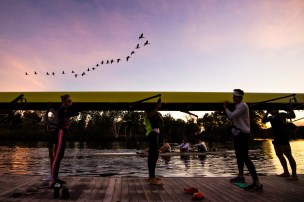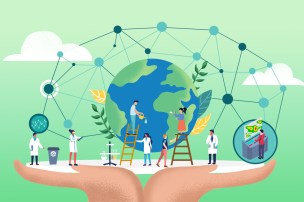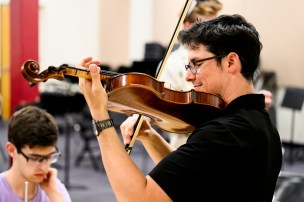Published on
Northeastern graduate is bringing ethically sourced, high-quality coffee to Oakland campus
From two espresso carts to 200 employees, Helen Russell is a trailblazer. The co-founder of Equator Coffees shares how Northeastern’s experiential learning put her on the entrepreneurial road.
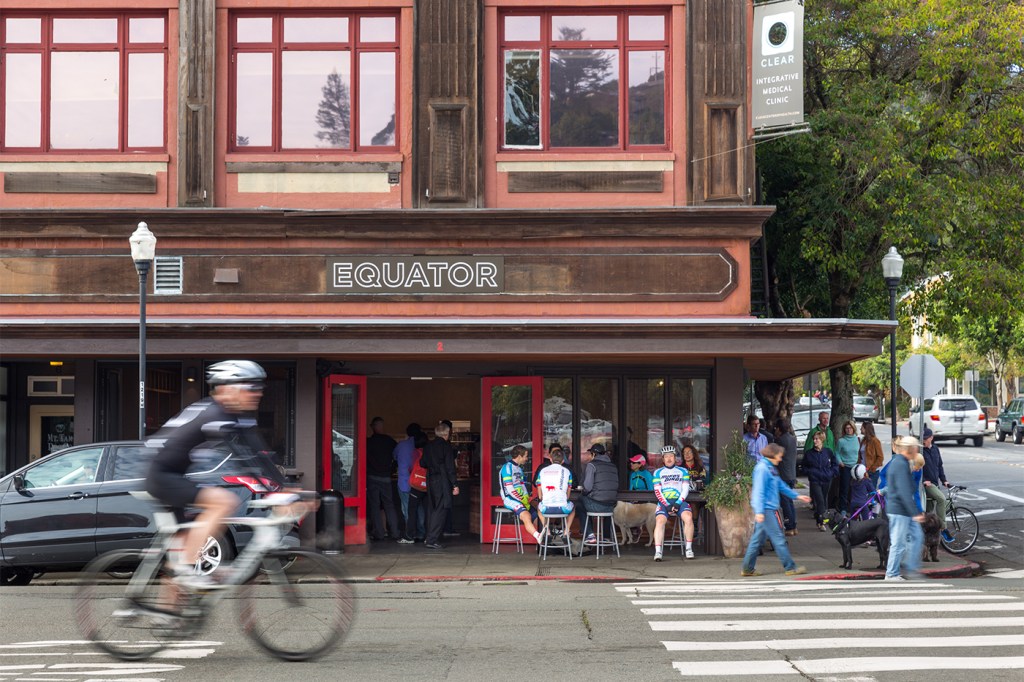
Storefront of an Equator Coffees coffee shop in Mill Valley, California. Courtesy photo
A good cup of coffee tells a story, says Helen Russell, a co-founder and executive chair of Equator Coffees, a specialty coffee roasting company in Northern California.
“I want a clean cup with discernible flavors that’s been brewed well,” she says. “That’s the baseline for drinkable coffee these days.”
Another aspect that Russell, who graduated from Northeastern in 1988, thinks about when tasting coffee is how much the coffee growers were paid for their work.
“If I suspect that the people who grew that coffee aren’t making a living wage, then that cup of coffee doesn’t taste good anymore,” she says. “Most coffee in the world is bought for criminally low prices.”
For almost 30 years, Equator has been focusing on quality, sustainability and social responsibility. The business that started with two outdoor espresso carts and transitioned to roasting its own coffee for wholesale clients now owns almost a dozen cafes in California, produces more than a million pounds of coffee a year and connects consumers with coffee growers across the globe.
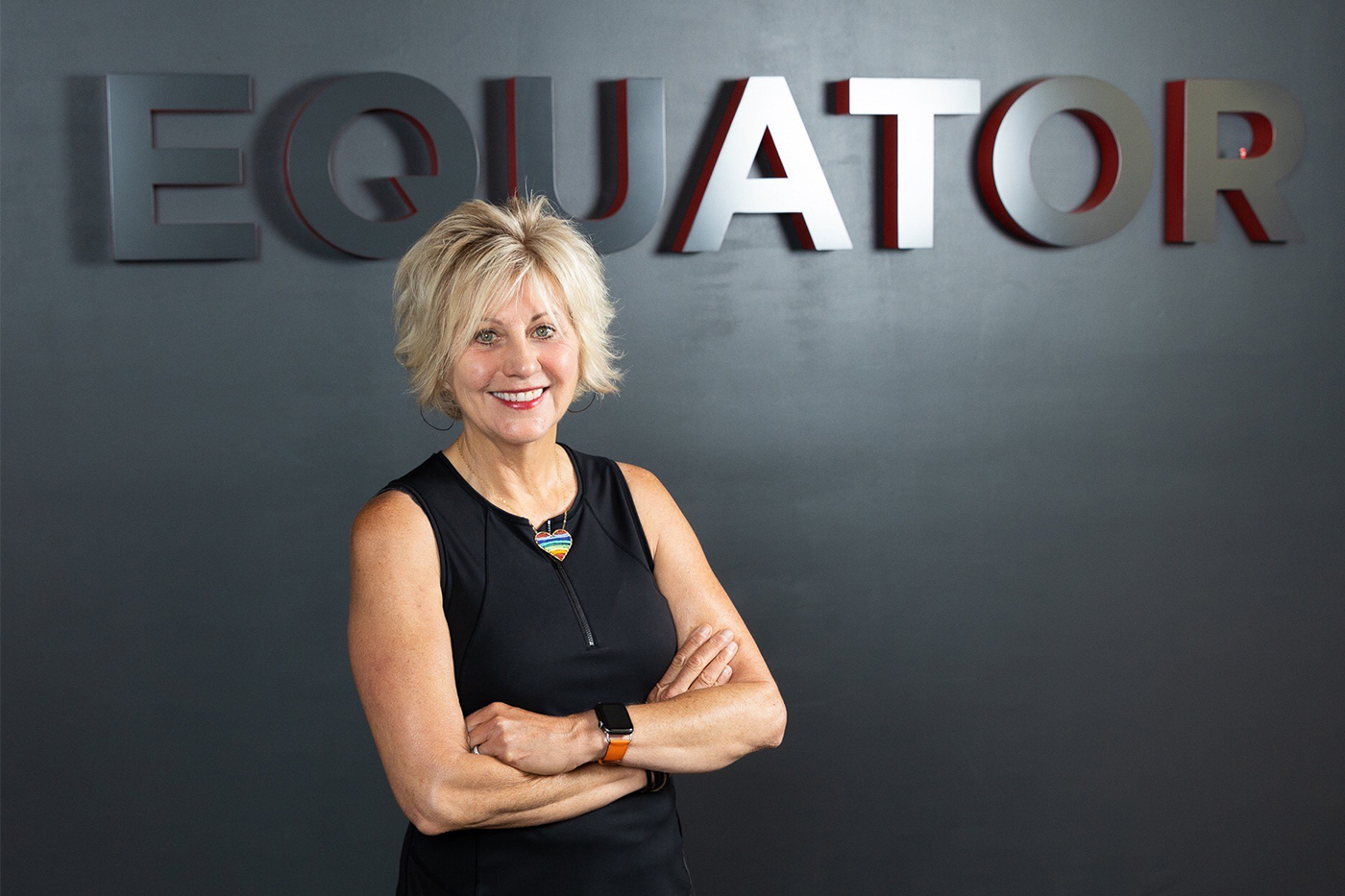
This fall, Equator is bringing its delicious, ethically sourced coffee to the Tea Shop at Northeastern’s Oakland campus.
“We are a great fit for Northeastern because we prove that business can be a force for good,” Russell says.
Knowing the type of students who go to Northeastern, she says that the conscientious Huskies would not tolerate goods coming from an exploitative situation.
Russell grew up in the Greater Boston area. She always wanted to have her own business, she says, unlike her parents who had stable management jobs in the U.S. Postal Service and New England Telephone Co.
“I thought being your own boss was the biggest accomplishment in life,” Russell says. “My parents thought I was making a mistake pursuing entrepreneurship rather than getting a job as soon as I finished high school.”
She went to a college for a year, then worked for a few years at New England Telephone Co., but eventually she learned about Northeastern from a friend. Russell enrolled in the university’s business school to study finance, marketing and business administration. She put herself through college by bartending three to four nights a week.
Russell was especially interested in co-op opportunities.
“That real-life experience was vital,” she says.
While at Northeastern, Russell gained the insight of what jobs she didn’t want to do — read “office jobs” — and what type of company she wanted to own and run. She also had an opportunity to do a co-op in London for a semester.
“The experience of alternating periods of academic courses with periods of employment was suited to my personality and how I learn by being hands-on,” Russell says. “I learned a lot from Northeastern.”
The work ethic she picked up both from her parents and her time at Northeastern, she says, has helped her with growing her own company.
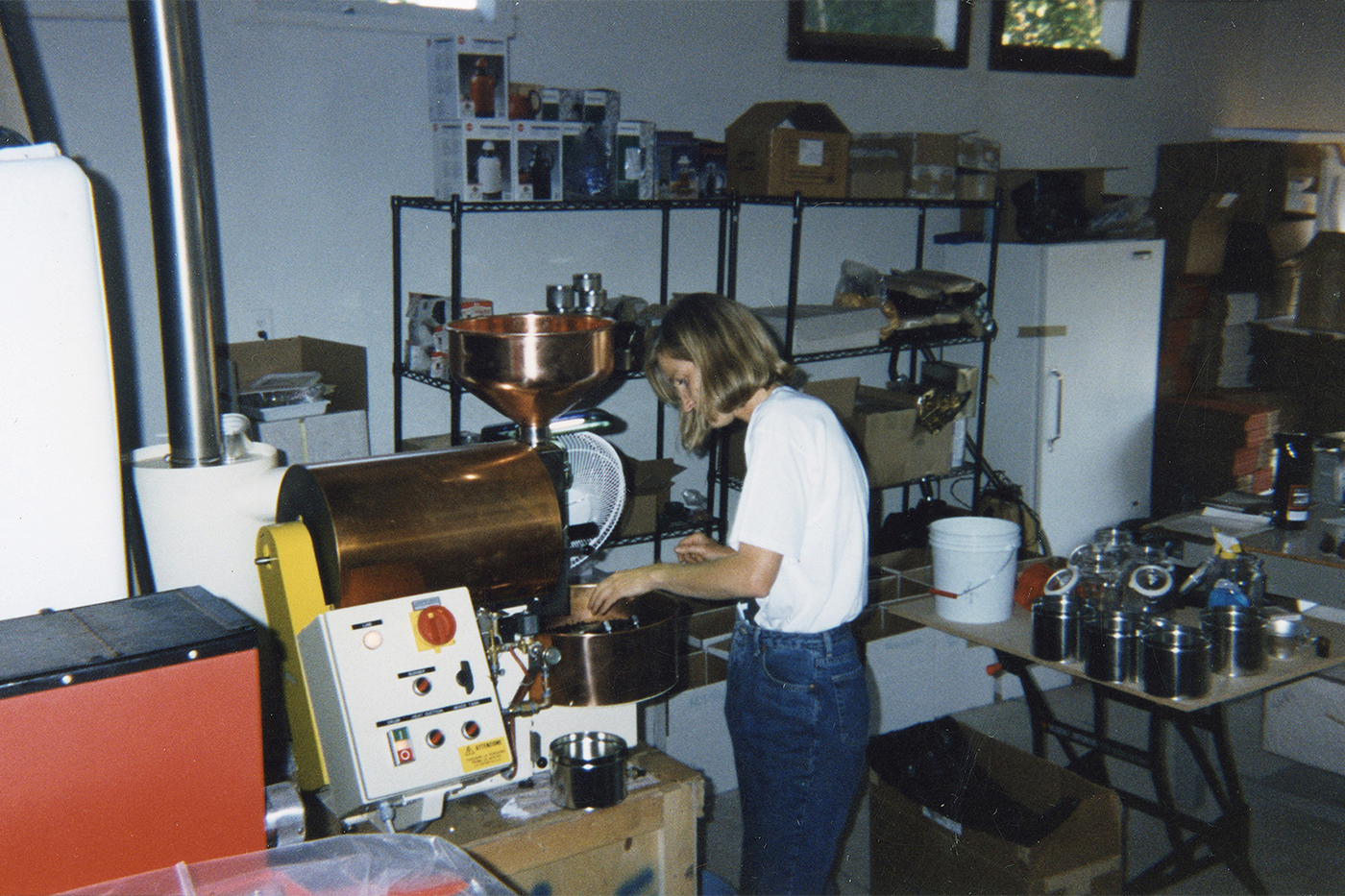
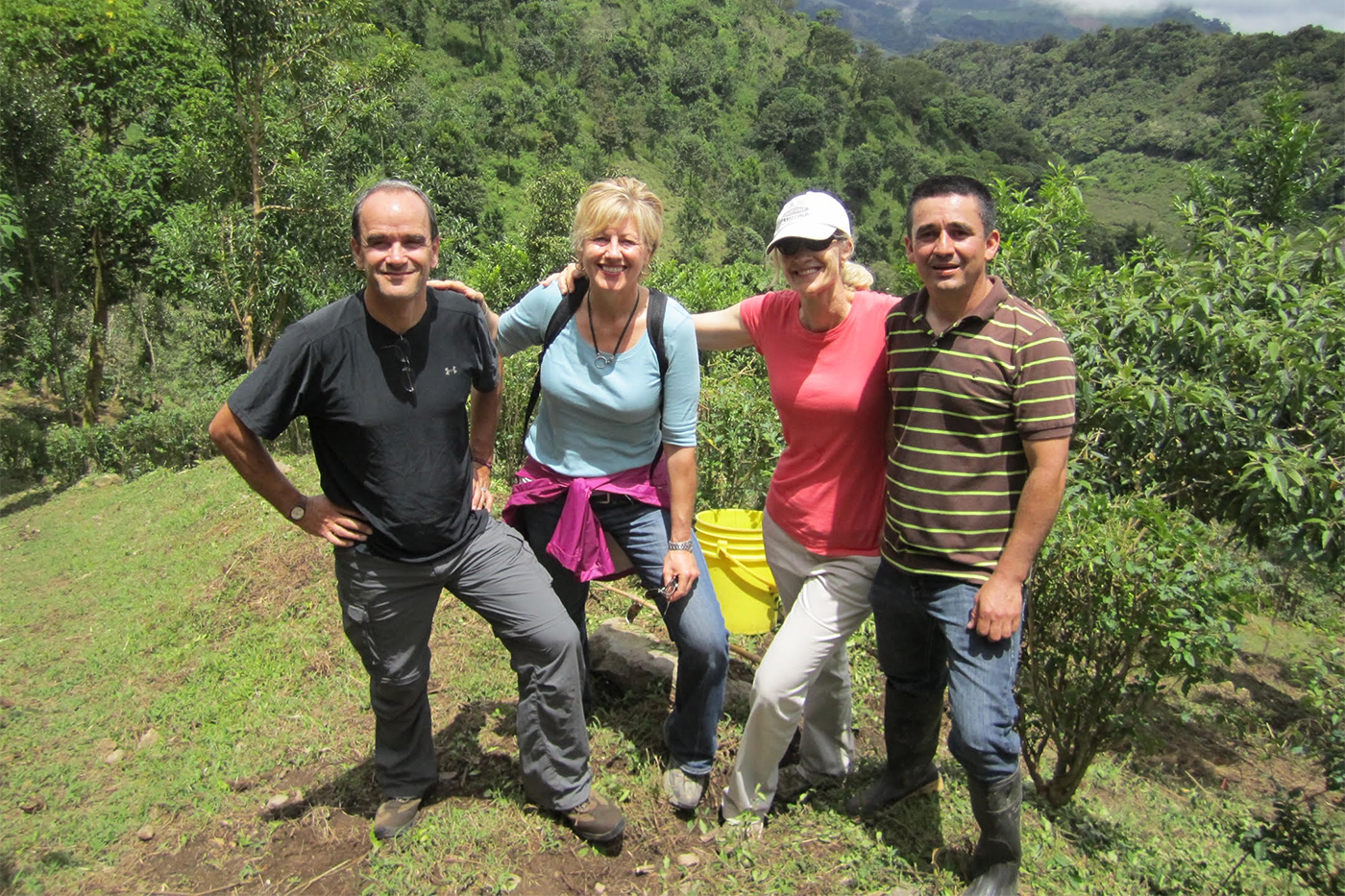
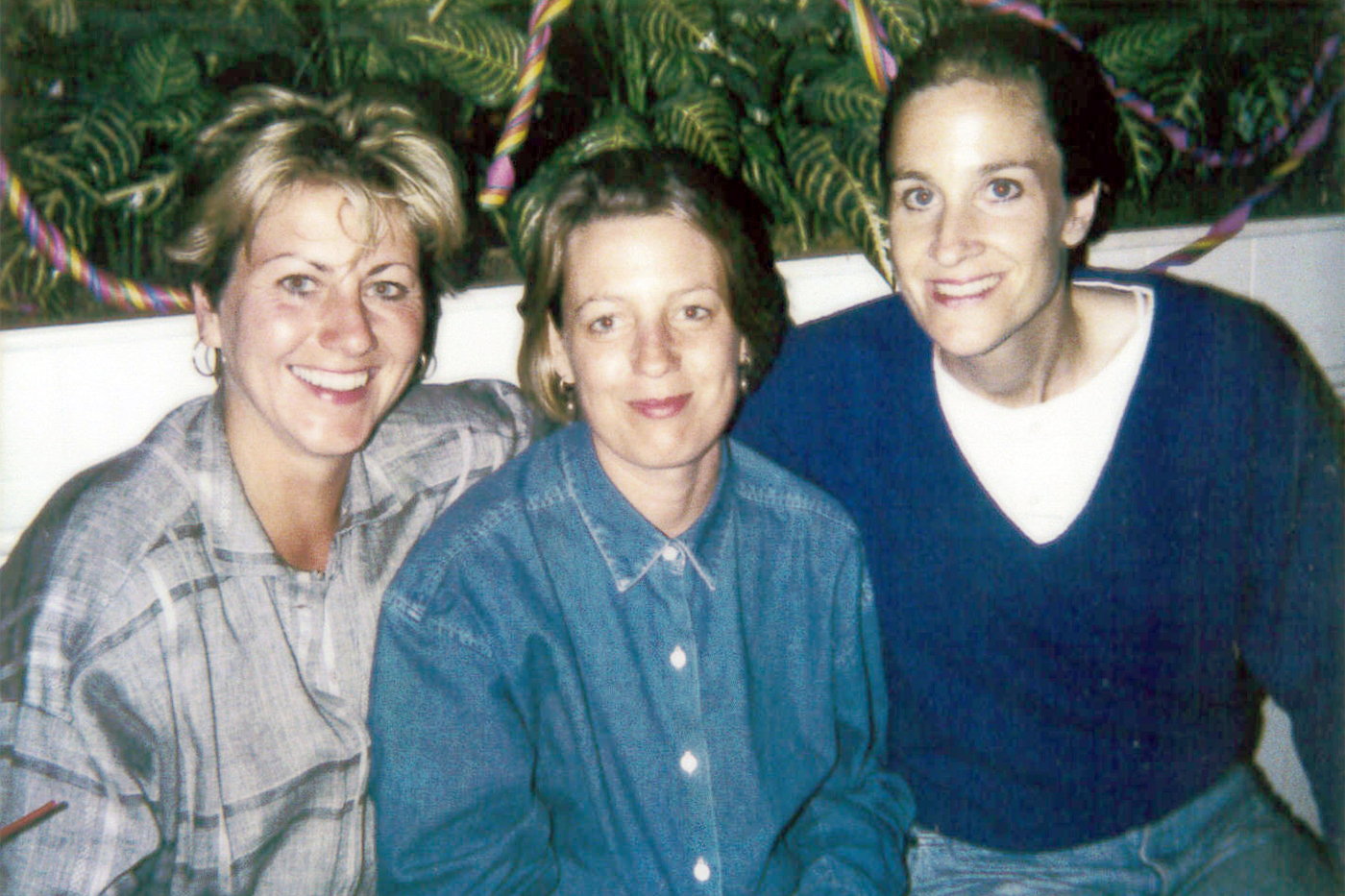
Russell moved to California in 1989 after meeting her ambitious and creative partner, Brooke McDonnell, during a vacation in Palm Springs. While visiting the Pacific Northwest, they saw a bustling coffee scene in Portland with coffee carts and busy cafes on every corner.
“We saw how there was so much more coffee than down in the Bay Area, and how much better the coffee was,” Russell says.
They decided the Bay Area, where they lived, was ripe for an influx of specialty coffee. They wrote a business plan, bought two espresso carts and secured two locations in San Francisco and in Oakland outside corporate office buildings.
“We were running them [ourselves] and getting up at 4:30 a.m. in the morning,” Russell says. “We’ve learned a lot.”
McDonnell became interested in roasting coffee herself because their suppliers wouldn’t tell them much about where the product had come from besides a general region, like Central America or East Africa.
“The coffee wasn’t as good as we knew it could be,” Russell says. “We knew we could do better on every level.”
The pair made a switch to the coffee wholesale business in 1995, starting Equator Estate Coffees & Teas out of a garage in Marin County. McDonnell roasted green coffee from Dallis Bros. Coffee in New York on a tabletop roaster and created different proprietary coffee blends.
“She has an incredible palette and such amazing attention to detail,” Russell says. “I could listen to her talking about flavor profiles endlessly. Her connection to the cup is so beautiful.”
Russell took upon herself sales and promotion of their product. She had honed her skills selling voice and data plans at one of the biggest communications companies back in Boston and knew that selling great coffee would be easy.
But she still had to do a lot of cold calls to prospective clients, write articles in trade magazines to educate the community about specialty coffee and often was the only woman in meetings.
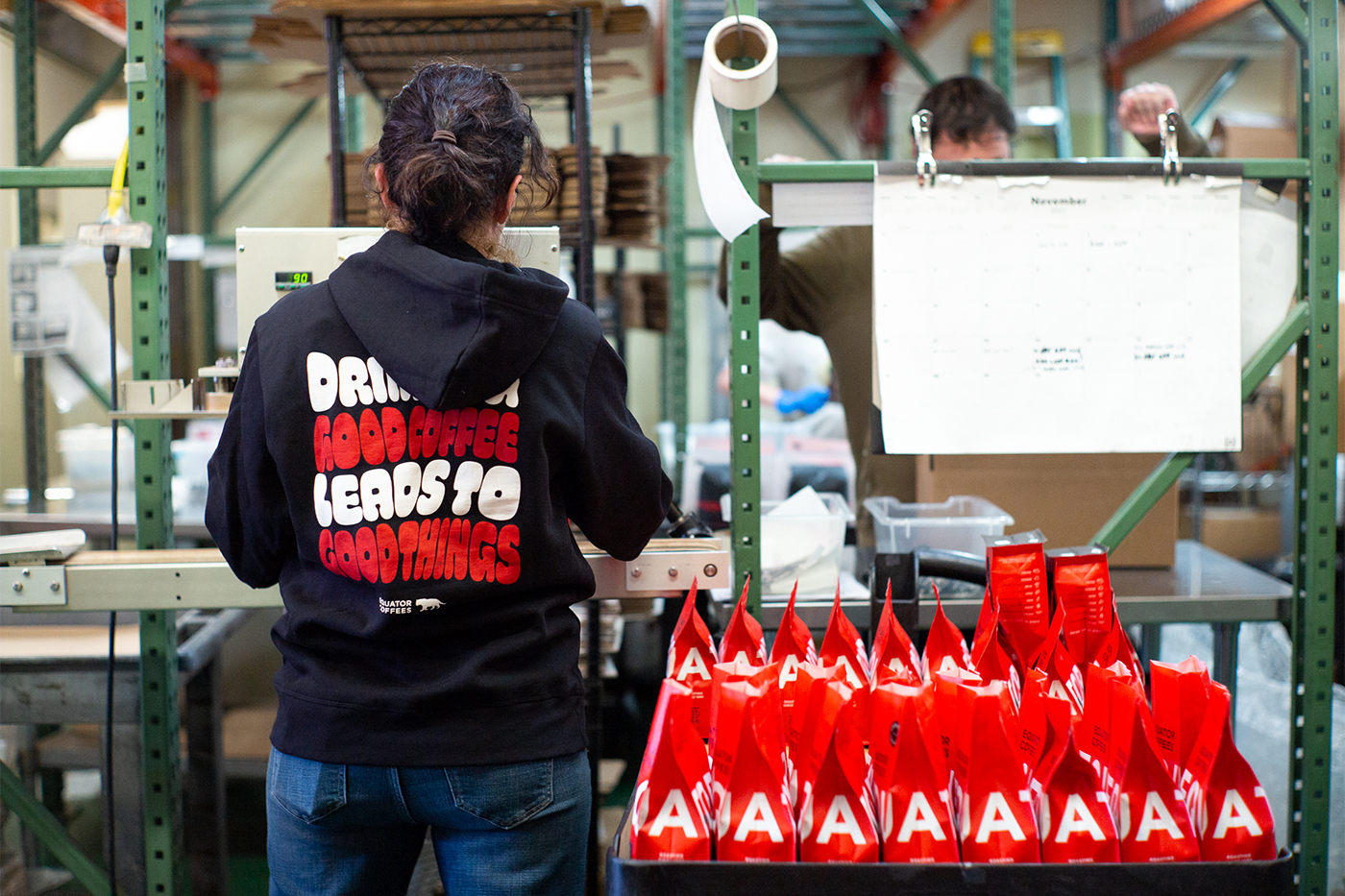
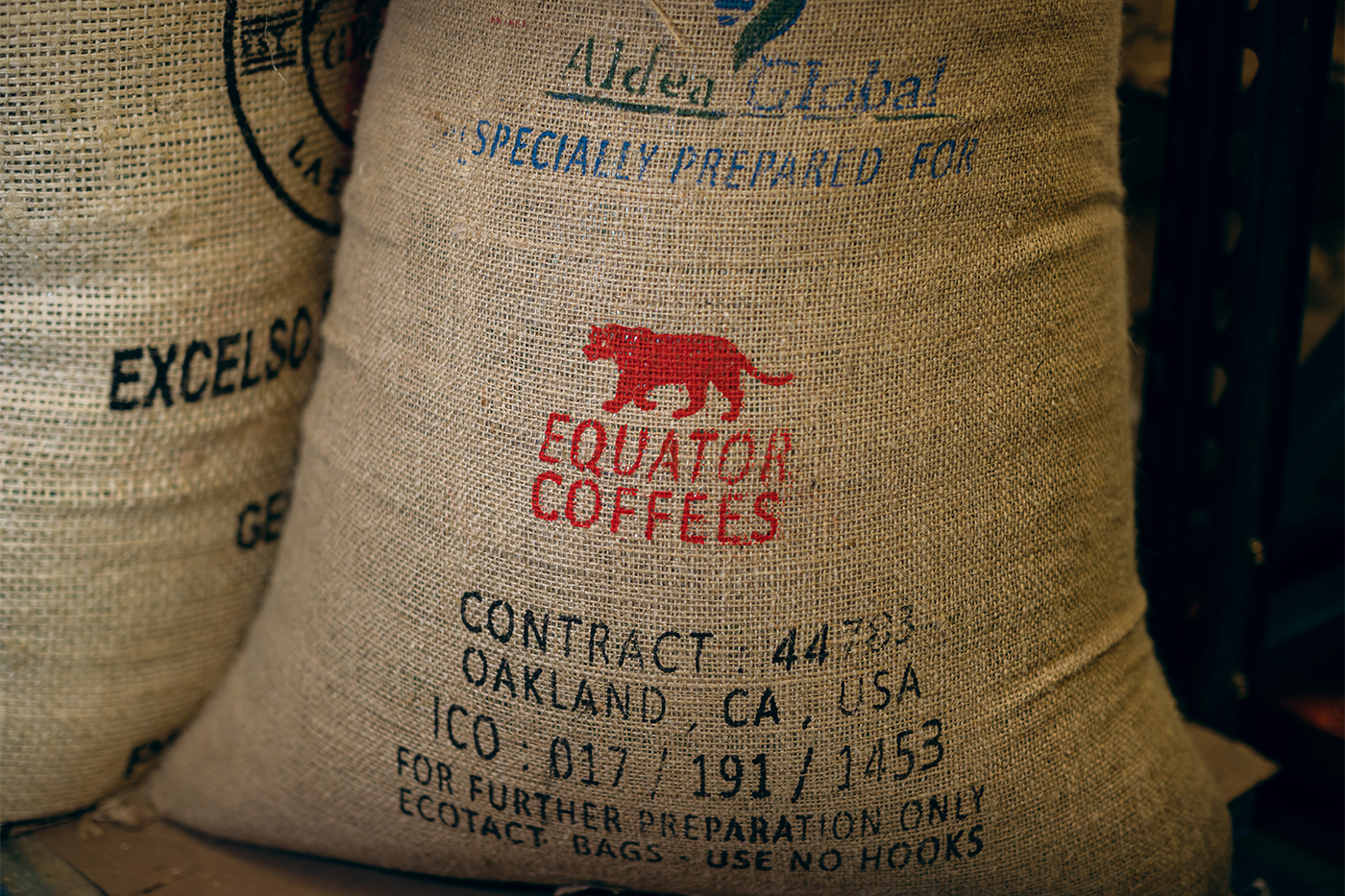
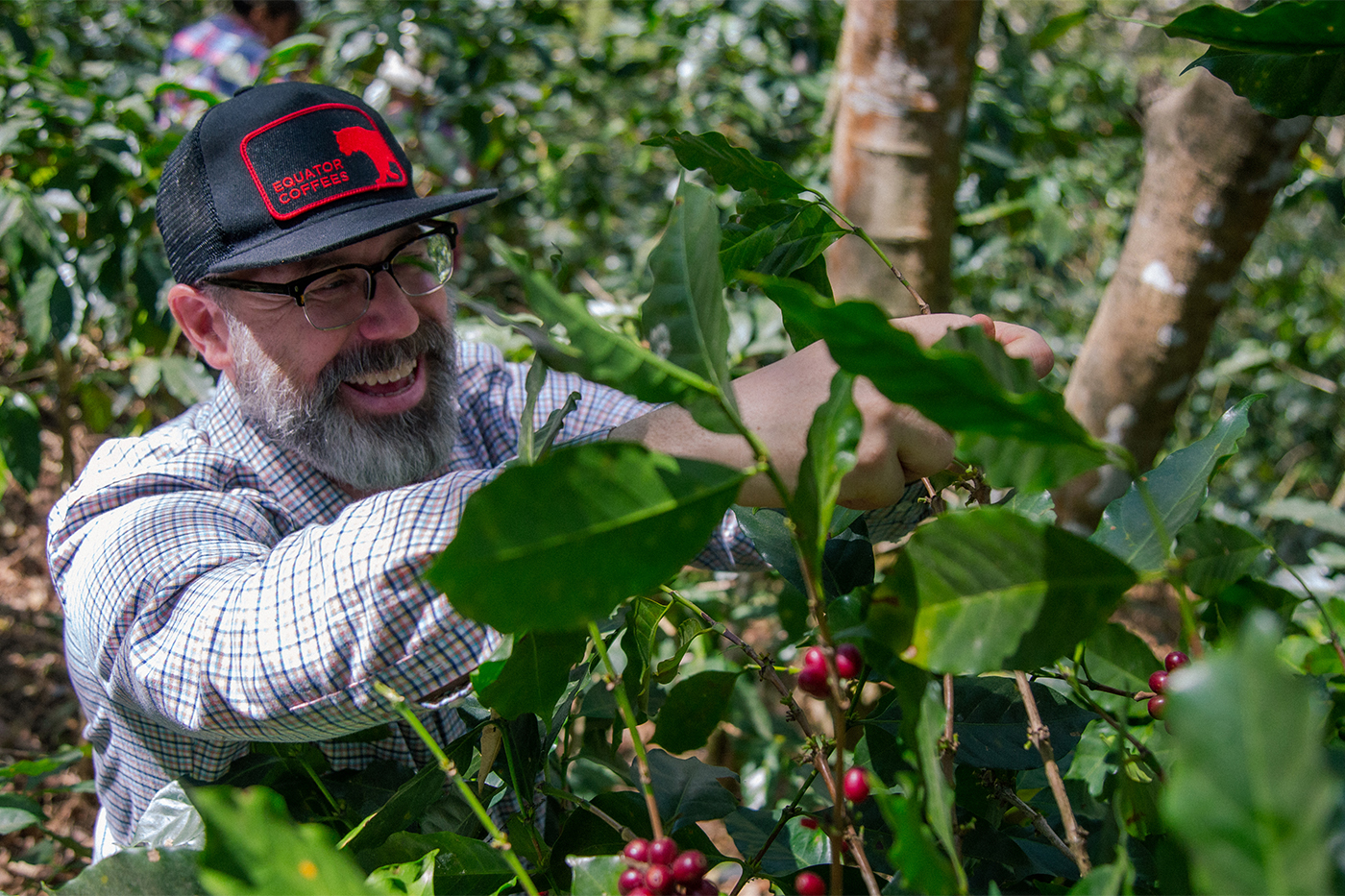
“I knew I had to work twice as hard to prove myself and to get folks to try our coffee,” Russell says. “We didn’t know we were such pioneers when we were getting started, we just knew what we had to do to make it through the week.”
In order to stay afloat and not have to take other jobs, Russell and McDonnell also sold brewing equipment. Equator helped install and service coffee machines, and offered training to ensure its coffee tasted great when served to clients.
In 2013, Equator opened its first retail location. The company now employs more than 200 people, has a 5,500-square-foot roasting facility and produces more than a million pounds of coffee a year. It works with more than 400 wholesale clients, has 10 cafes — with three more on the way — and sells coffee directly to consumers, in grocery stores and through online platforms such as Amazon.
Together with a renowned coffee expert named Willem Boot, McDonnell and Russell also own a coffee farm in Panama, which produces small quantities of unique varietals of coffee. Coffee from this farm won multiple awards at the Best of Panama competition and set a world record in 2020 for the price it sold at an auction — $1,400 for a 1 kilo, or 2.2 pounds.
Visiting partner farmers has become an important part of Equator’s buying practices. The company pays a higher than average price for coffee and has a profit sharing program, Russell says. Equator was the first roaster in California to purchase fair trade coffee in 1999.
“We always tried to do good while running a profitable business,” Russell says. “As we’ve grown we’ve embraced third-party certifications to quantify doing the right thing.”
The company became a certified B corp in 2011, which means it benefits all of the stakeholders and meets high standards of social and environmental performance, accountability and transparency.
In 2016, Russell and McDonnell received the 2016 National Small Business Persons of the Year award. This was the first time an LGBTQ+-owned business won this award.
“We believe drinking good coffee leads to good things,” Russell says.
It is rewarding, she says, to be able to provide meaningful work to a lot of people through their business. She enjoys seeing their coffee cups in people’s hands or stickers with their logo — a red silhouette of a Bengal tiger — on cars while driving.
She is amazed all the time, Russell says, about the way Equator has grown.
“We have done everything that you could possibly do,” she says. “So, we have really been, I think, trailblazers in terms of specialty coffee.”
Alena Kuzub is a Northeastern Global News reporter. Email her at a.kuzub@northeastern.edu. Follow her on Twitter @AlenaKuzub.


